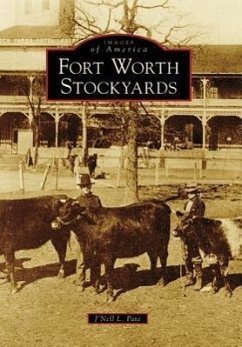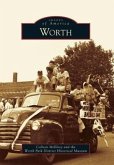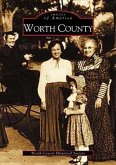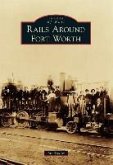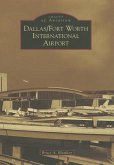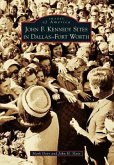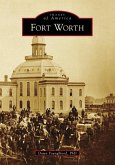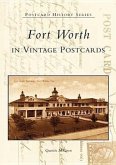As early as 1867, Fort Worth held promise as an ideal stockyards. Making their way to northern markets, cattle passed through the city on what became the Chisholm Trail. By 1876, local businessmen urged railroad development, and the establishment of local packing facilities and animal pens followed in the 1880s. The first stockyards opened in 1889. It was not until the nation's two largest meatpacking giants, Armour and Swift, bought into the local market in 1902, however, that the stockyards began to thrive. Fort Worth became the largest stockyards in the Southwest and ranked consistently from third to fourth nationwide. Most major stockyards have now closed, including Fort Worth in 1992. Of these, only Fort Worth has successfully turned its former livestock market into a tourist site, attracting nearly a million visitors annually.
Hinweis: Dieser Artikel kann nur an eine deutsche Lieferadresse ausgeliefert werden.
Hinweis: Dieser Artikel kann nur an eine deutsche Lieferadresse ausgeliefert werden.

